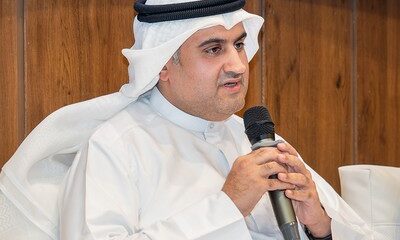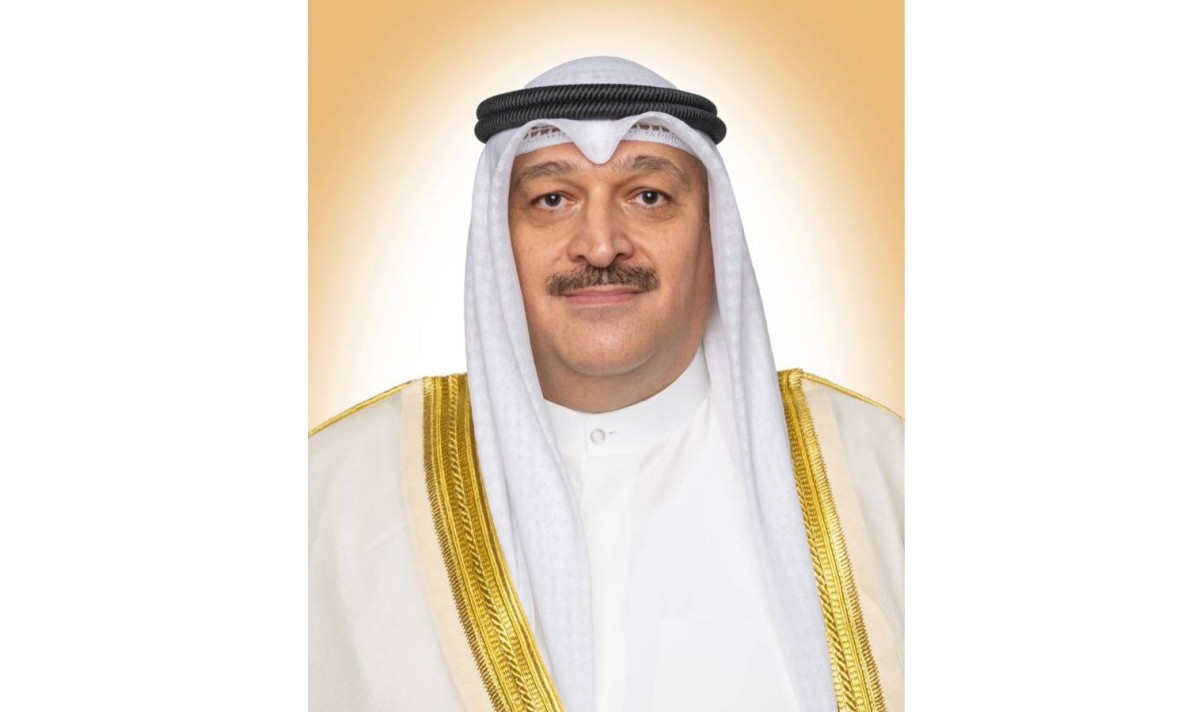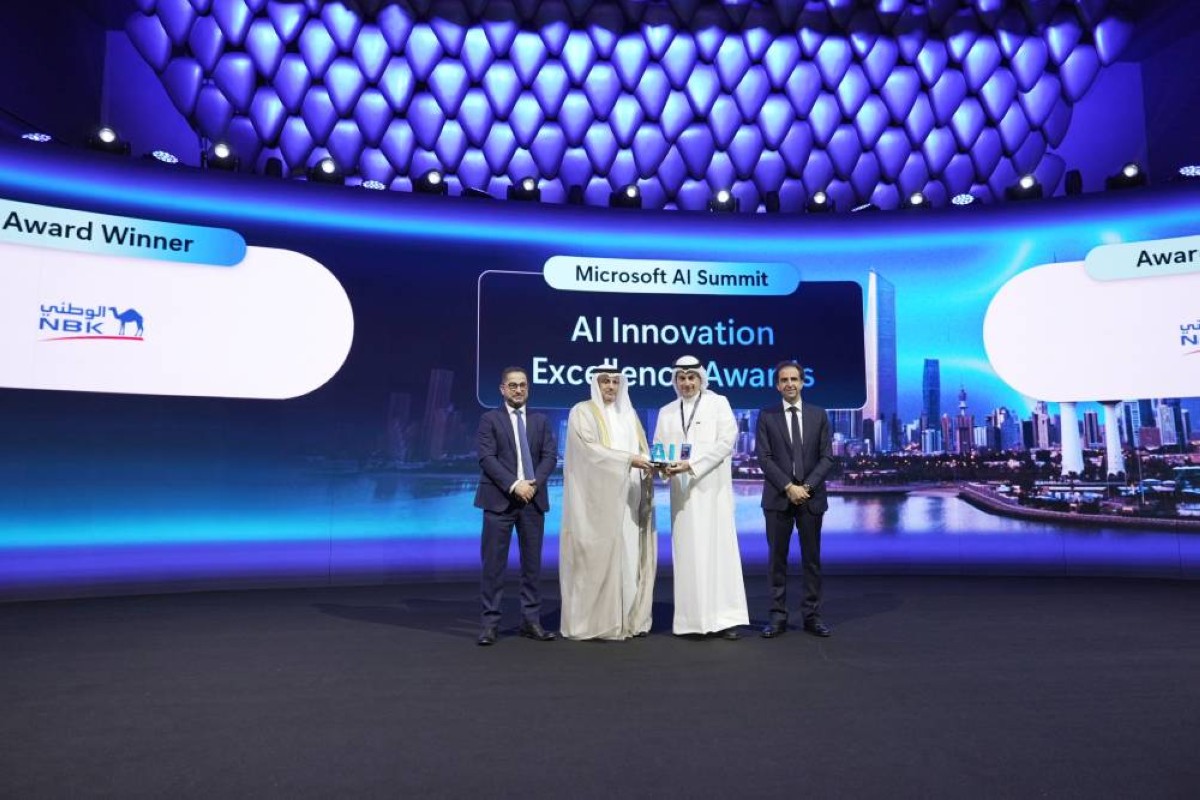KUWAIT: In a further testament to its leadership in the banking sector, National Bank of Kuwait (NBK) was awarded the AI Excellence Award at the Microsoft Summit Kuwait, held under the patronage of His Excellency Omar Saud Abdulaziz Al-Omar, Minister of State for Communications. The award was presented to Mohammad Al Kharafi, Group Chief Operating Officer, Group Operations, Technology and Data at NBK during the summit held at the Sheikh Jaber Al-Ahmad Cultural Center on October 19, 2025.
This accolade underscores NBK’s unwavering commitment to harnessing cutting-edge AI technologies to optimize workflows, boost productivity, and strengthen organizational agility. The Bank’s recent rollout of Microsoft’s AI-powered digital assistant, “Copilot,” across all operations marks a defining milestone in its ongoing digital transformation journey.
The Microsoft AI Summit Kuwait serves as a premier platform, uniting business leaders, developers, IT professionals, and AI enthusiasts to explore the next generation of artificial intelligence and its transformative potential across diverse industries. The summit offered a unique opportunity to engage with industry leaders and Microsoft experts, and to gain insights from global and local speakers on how organizations can harness AI to drive practical solutions to operational and functional challenges, while achieving significant leaps in productivity.
The patronage of the summit by the Minister of State for Communications highlights Kuwait’s steadfast commitment to forging strategic partnerships with global leaders such as Microsoft, driving digital transformation and innovation in full alignment with the country’s long-term vision. Copilot leverages the power of generative AI to empower NBK employees to perform their daily tasks with unprecedented efficiency, including drafting documents, analyzing complex datasets, summarizing key information, and automating repetitive processes, seamlessly integrating this advanced technology into the digital work environment.
NBK’s strategy extends beyond the implementation of Microsoft Copilot, encompassing a holistic approach to enhancing the employee experience through cultural transformation and digital empowerment. The Bank continues to modernize its internal systems and deliver targeted skills development programs, fostering a work environment that seamlessly integrates human expertise with advanced technology. The strategy also seeks to promote continuous learning, cultivate a culture of collaboration, and drive human-centric innovation across the Group’s diverse sectors. By leveraging AI to reduce time spent on repetitive tasks, departments can focus on strategic initiatives and enhance customer engagement, thereby reinforcing the Bank’s leadership, innovation, and excellence.
As part of its journey toward a more advanced digital future, NBK is committed to enhancing customer experience through the adoption of cutting-edge technologies and data-driven strategies. The Bank’s initiatives include optimizing user journeys in mobile and internet banking, upgrading call center technologies, and expanding engagement across social media platforms.
Additionally, NBK is exploring AI applications to deliver greater value for both customers and the organization, ensuring continuous innovation and agility amid the rapidly evolving digital landscape. NBK has undertaken a series of development and enhancement initiatives as part of its ongoing digital transformation journey, including platform upgrades, strengthened digital infrastructure, and accelerated automation of routine processes to boost efficiency and mitigate operational risks.
These advancements have strengthened system resilience, enhanced cybersecurity protocols, and reinforced business continuity, creating a safer and more agile work environment that drives the Group’s digital efficiency. Notably, NBK has received numerous accolades from esteemed global and regional institutions, in recognition of its unwavering commitment to digital innovation, excellence, and responsible technology adoption, further solidifying its leadership in the banking sector in Kuwait and the region.

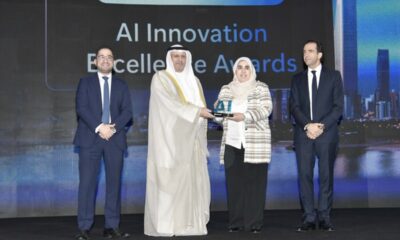
 Latest News19 hours ago
Latest News19 hours ago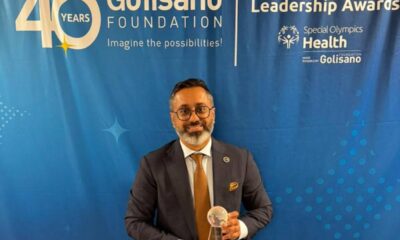
 Latest News18 hours ago
Latest News18 hours ago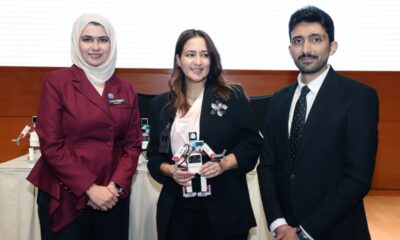
 Latest News21 hours ago
Latest News21 hours ago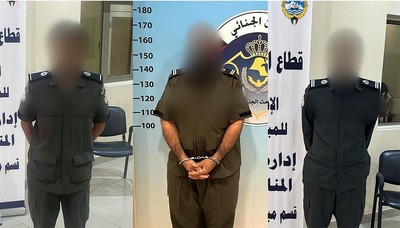
 Politics8 hours ago
Politics8 hours ago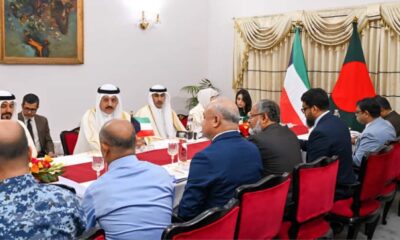
 Latest News20 hours ago
Latest News20 hours ago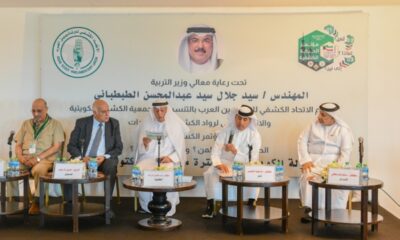
 Latest News17 hours ago
Latest News17 hours ago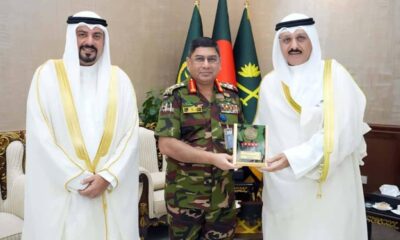
 Latest News11 hours ago
Latest News11 hours ago
 Latest News10 hours ago
Latest News10 hours ago
